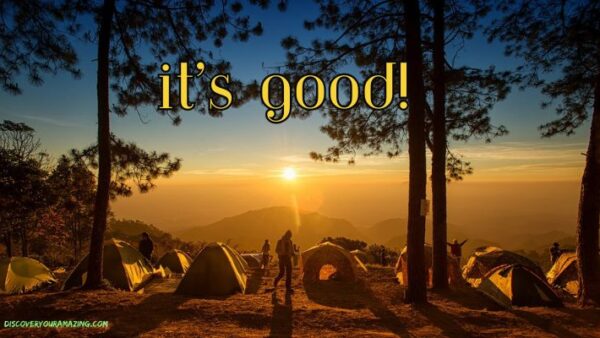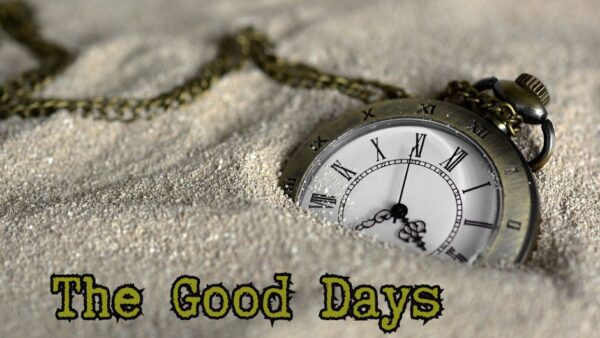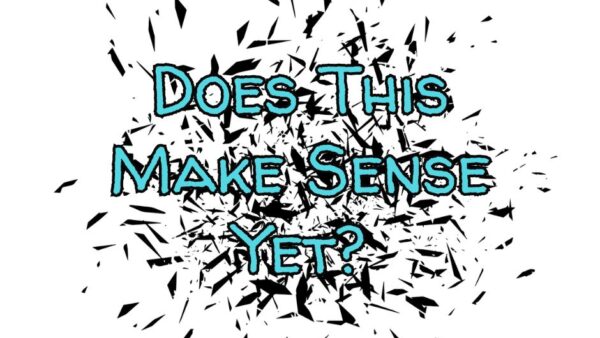
I’d like to build the world a home and furnish it with love
Grow apple trees and honey bees and snow white turtle doves
I’d like to teach the world to sing in perfect harmony
I’d like to hold it in my arms and keep it company
I’d like to see the world for once all standing hand in hand
And hear them echo through the hills for peace throughout the land
If you remember that 1971 song from The New Seekers—or the Coca Cola commercial that adapted it—you’re old. (For everyone else, YouTube is your friend).
Even if you weren’t around (or paying attention) in 1971, you can do a little review of history and imagine the circumstances in the world that inspired the song.
Songwriters often serve as poet-prophets that speak into current events, calling attention to cultural challenges. They may offer solutions, critiques, & laments. They have a leg up b/c of how the human brain processes information. Click To TweetSongwriters often serve as the poet-prophets that speak into current events, calling attention to cultural challenges. Sometimes they offer solutions, sometimes critiques, and sometimes simply laments.
And—as much as pundits and preachers would like to think otherwise—the singers and songwriters have a leg up because of the way the human brain processes information.
That’s why I’m more likely to have “Honky Cat” (Elton John, 1972) stuck in my head than the Gettysburg Address.
I’m actually going somewhere with this, so stick with me a little longer.
Last Sunday, I had the privilege of singing at the 150th anniversary of the First Baptist Church in Kyle, TX where my good friend, David Kelly, is interim pastor.
David asked me to sing some songs from across the years so I selected one hymn from each decade of the church’s existence—from the 1870s through the 2020s. (We only sang one verse of each song)
When I was researching and selecting songs, I didn’t give much thought to what was going on in the world. I was going for songs that would likely be familiar to the congregation.
It was only in the midst of the service that it occurred to me that hymn writers also live within a cultural context. They are often inspired to speak into current events and call attention to a cultural challenge from a perspective guided by their faith.
I love hymn stories and have several books that tell the backgrounds of familiar hymns.
But even if we don’t know the story behind a particular song, we may use inspired imagination to consider world events at the time of the writing to see a song—or its author—in a new way.
Here’s what I’m getting at: when we are a few years down the road from where we are right now, what songs will be on our internal playlist? How will we remember the poet-prophets of the 2020s?
It's really hard to imagine when we're living IN history that history is being recorded, but know this: How you use whatever voice you have within your circles of influence matters to God & matters within those circles. Click To TweetIt’s really hard to imagine when we’re living IN history that history is being recorded, but I want you to know this:
How you use whatever voice you have—within your circles of influence—matters to God and matters within those circles.
As for me, I want to use my voice to encourage, bless, and point people to amazing eternal realities that consider the current events but transcend them at the same time.
That’s how I want to teach my corner of the world to sing.
Be amazing today, my friend.



